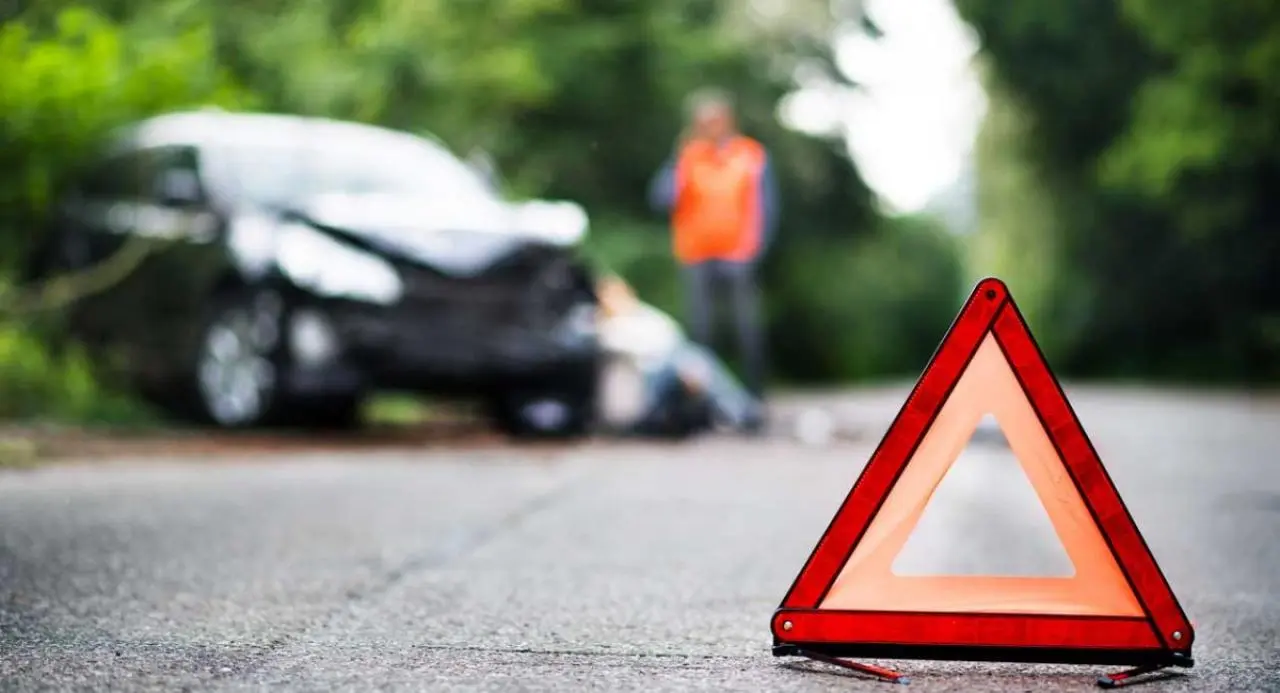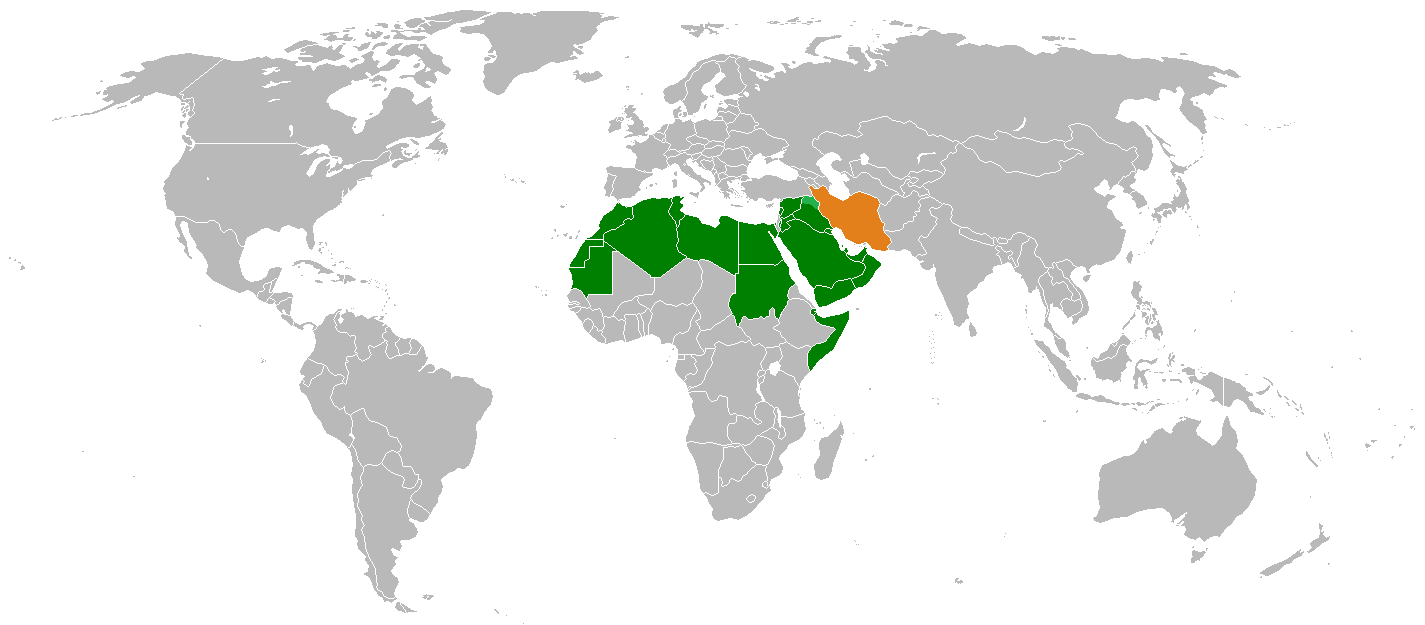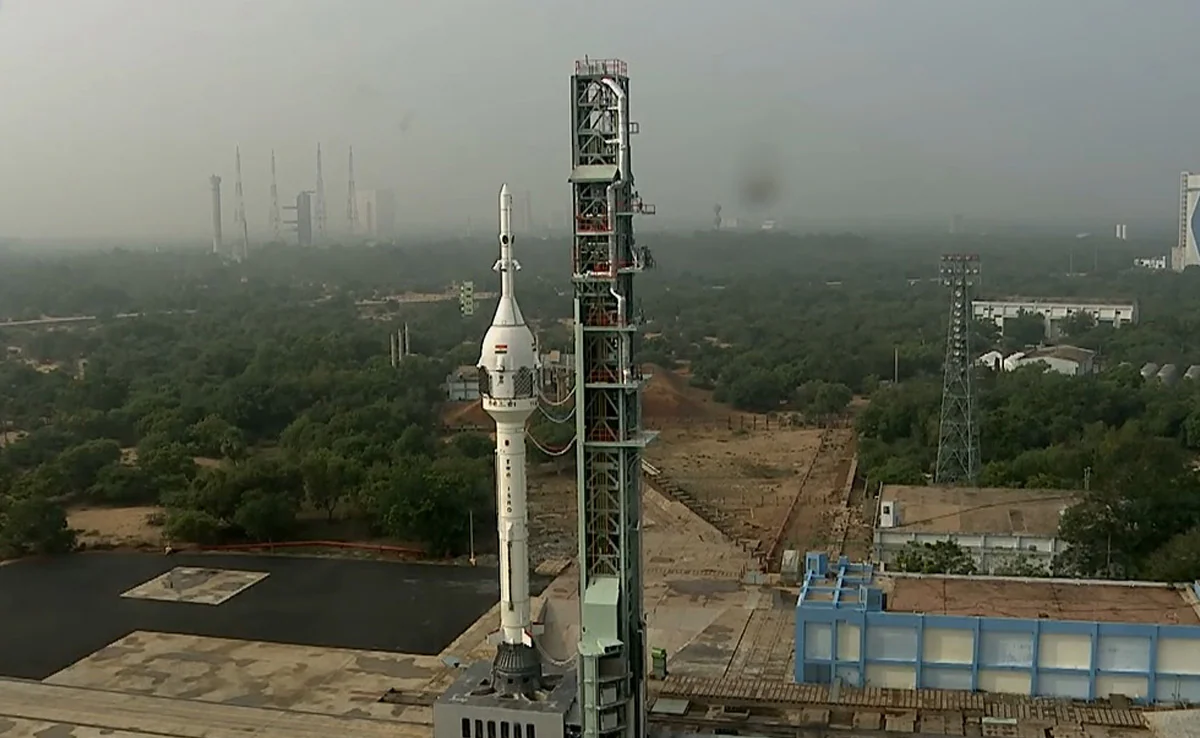- Courses
- GS Full Course 1 Year
- GS Full Course 2 Year
- GS Full Course 3 Year
- GS Full Course Till Selection
- Online Program
- GS Recorded Course
- NCERT (Recorded 500+ Hours)
- Polity Recorded Course
- Geography Recorded Course
- Economy Recorded Course
- AMAC Recorded Course
- Modern India, Post Independence & World History
- Environment Recoded Course
- Governance Recoded Course
- Science & Tech. Recoded Course
- International Relations and Internal Security Recorded Course
- Disaster Management Module Course
- Ethics Recoded Course
- Essay Recoded Course
- Current Affairs Recoded Course
- CSAT
- 5 LAYERED ARJUNA Mentorship
- Public Administration Optional
- ABOUT US
- OUR TOPPERS
- TEST SERIES
- FREE STUDY MATERIAL
- VIDEOS
- CONTACT US
Centre Notifies Cashless Treatment of Road Accident Victims Scheme, 2025
Centre Notifies Cashless Treatment of Road Accident Victims Scheme, 2025
08-05-2025

- Lunched by: Ministry of Road Transport and Highways (MoRTH)
- The scheme was launched under powers granted by the Motor Vehicles Act, 1988.
- Eligibility: Any person injured in a road accident involving a motor vehicle on any road.
- Coverage: Victims can get cashless treatment up to ₹1.5 lakhs at designated hospitals for up to 7 days from the date of the accident.
- Nodal Agency: Implementation is managed by the State Road Safety Council.
- Designated Hospitals: States must onboard all capable hospitals, including those empanelled under Ayushman Bharat PM-JAY, for trauma and poly-trauma care.
- Payments to Hospitals: Hospitals can raise claims which are verified by the State Health Agency, with payments made from the Motor Vehicle Accident Fund within 10 days.
- Scheme Monitoring: Monitored by a committee chaired by the Secretary of MoRTH.
Why Road Safety Measures Are Crucial in India
- In 2022, India recorded ~4.6 lakh road accidents leading to ~1.68 lakh deaths.
- India has the highest number of road accidents globally.
- The scheme supports India's commitment to the UN Decade of Action for Road Safety, aiming to halve traffic deaths by 2030.
Other Steps Taken by India to Improve Road Safety
- Motor Vehicles (Amendment) Act, 2019 enforces strict penalties and uses technology for better traffic law enforcement.
- Road Safety Audits are mandatory at design, construction, and maintenance stages of all National Highway projects.
- The electronic Detailed Accident Report (e-DAR) Project aims to create a centralised road accident data repository.
A special Award Scheme for Good Samaritans recognises those who help road accident victims within the Golden Hour (first 60 minutes after injury).




